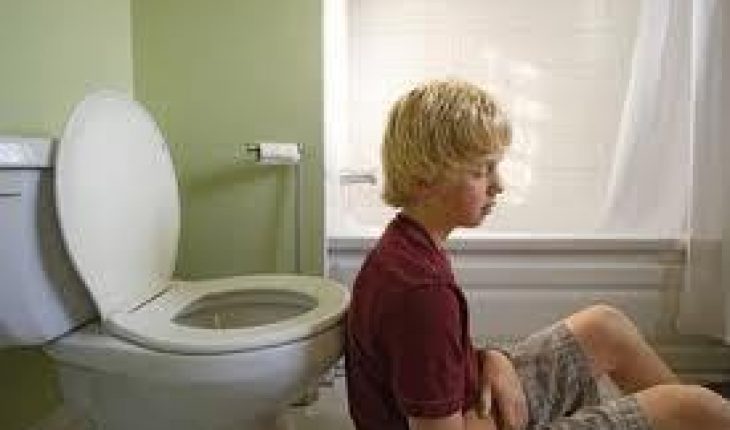Hematochezia is also referred to as rectal bleeding. It is the passing of stools from the anus mixed with blood or even blood clots. Bloody stools are indication of some injury or disorder present in the digestive tract. Medical attention should be sought quickly if rectal bleeding is present so that it can be examined and the causes detected.
The color of the blood is determined by the location of injury or disorder in the digestive tract. It can come from anywhere in the digestive tract. The brighter the blood, the closer the location is to the anus. Bleeding from the anus, the rectum or the sigmoid colon is usually bright red while bleeding from the transverse colon and the right colon is darker or having a maroon color. This situation is called Melena, which occurs when blood stays in the colon over a long period of time so that bacteria breaks it down into chemicals causing it to become black. Melena in patients is characterized by black, tarry and foul smelling stool. It is a sign of bleeding in the upper gastrointestinal tract. There are times when the blood is bright red. This means that the blood is moving fast so there is not enough time for bacteria to turn it black.
Quite often, bleeding is occult. This means that it cannot be seen by the naked eye but can only be detected by fecal occult blood test. This occurs when there is slow bleeding that it does not pass through the anus.
Causes of blood in the stool
There are many causes for blood in the stool. These are:
- Abnormal blood vessels
- A tear in the esophagus caused by vomiting
- Bleeding stomach or ulcers
- Gastritis- inflammation of the stomach lining
- Bowel ischemia- improper blood flow to the intestines
- Trauma or the presence of a foreign body in the upper gastrointestinal tract.
- Esophageal and stomach varices- widened, overgrown blood vessels
Causes of maroon or bright red, bloody stools are:
- Anal fissures – cuts or tears in the anus due to straining.
- Bowel ischemia
- Colon polyps (clump of cells bulging from the lining of the colon or colon cancer
- Diverticulitis- pockets of blood protruding from the bowel wall
- Hemorrhoids- swollen veins in the anus or rectal area
- Crohn’s disease or ulcerative colitis- inflammation of the walls of the bowel
- Intestinal infection
- Small bowel tumor
- Presence of foreign body in the lower gastrointestinal tract.
Someone who is experiencing hematochezia may notice abdominal pain, vomiting blood, diarrhea, fever and excessive gas. Treatment for hematochezia depends on the cause of the bleeding. The patient may be admitted to hospital for observation. If bleeding is severe, a blood transfusion may be necessary.
Prevention of hematochezia
One can prevent hematochezia by:
- Eat plenty of vegetables and fiber-rich foods.
- Avoid smoking.
- Learn to handle stress
- Avoid alcohol
- Limit the use of drugs like ibuprofen, aspirin and naproxen.





